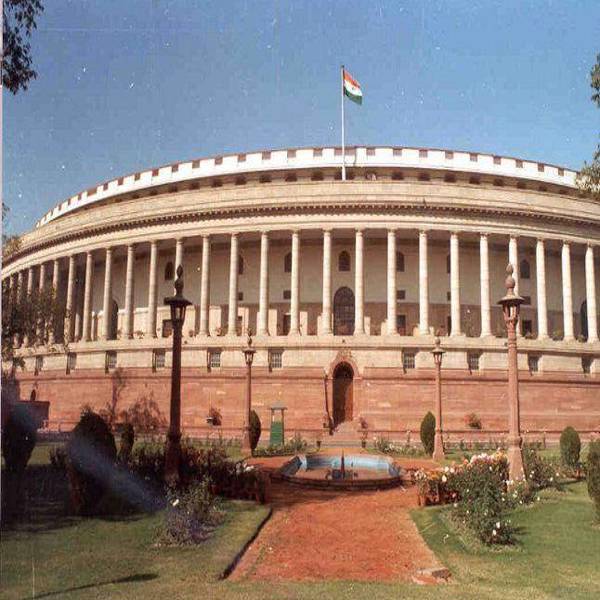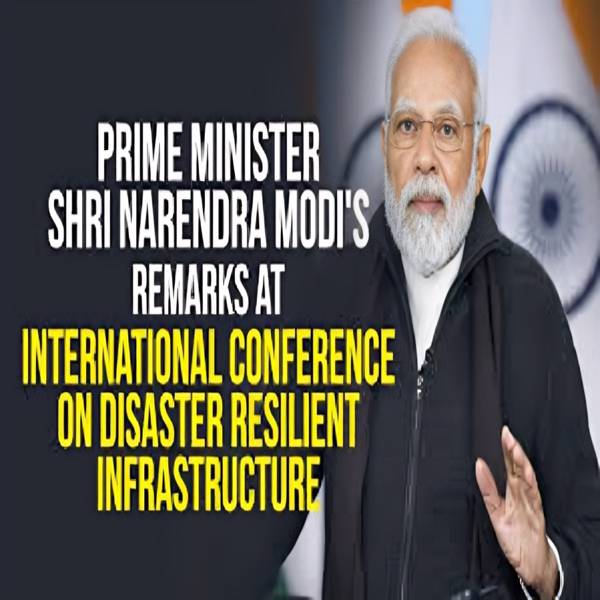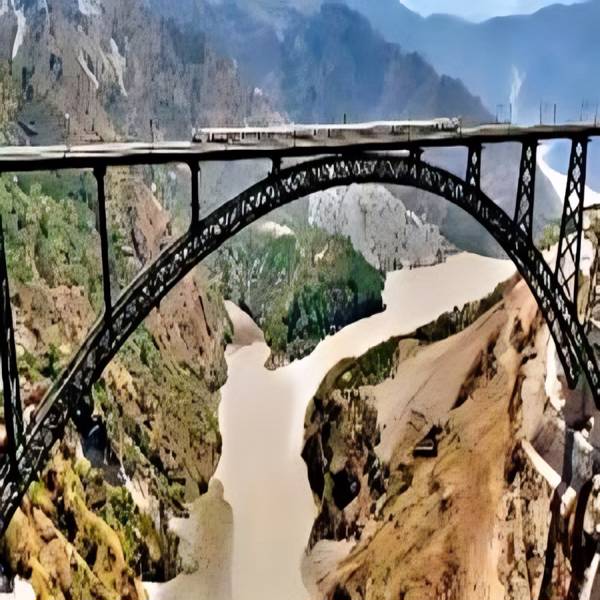“One Nation, One Election” Bill Likely to Be Introduced in Parliament
The Indian government has announced a special session of Parliament for five days between September 18 and 22. The session is likely to focus on the “One Nation, One Election” legislation, which would allow for the simultaneous conduct of Lok Sabha and state assembly elections. The proposed legislation has been in the works for several years, but it has not yet been passed by Parliament. The special session will be held shortly after the G20 summit in New Delhi, which is expected to be a major diplomatic event.
One Nation, One Election (ONE) is a proposal to hold simultaneous elections for the Lok Sabha and all state assemblies in India. The idea has been advocated by Prime Minister Narendra Modi for many years, and it was one of the components of the Bharatiya Janata Party’s election manifesto for the 2014 Lok Sabha polls.
Proponents of ONE argue that it would have several benefits, including:
- Reduced expenditure: Currently, elections are held separately for the Lok Sabha and state assemblies, which leads to a lot of duplication of effort and expenditure. ONE would eliminate this duplication and save a significant amount of money.
- Increased efficiency: ONE would allow the Election Commission of India (ECI) to focus its resources on a single election, which would improve the efficiency of the electoral process.
- Reduced disruption: ONE would reduce the disruption caused by elections, as there would be fewer occasions when voters are required to cast their ballots. This would be especially beneficial for businesses and other organizations.
- Improved voter turnout: ONE could lead to improved voter turnout, as voters would not have to wait as long between elections.
Also read ; UEFA Champions League 2023-24 Group Stage Draw Live Stream and Telecast Info
However, there are also some challenges associated with ONE, such as:
- Constitutional hurdles: The Constitution of India does not explicitly allow for simultaneous elections. This would need to be amended before ONE could be implemented.
- Political opposition: Some political parties are opposed to ONE, as they believe that it would give an advantage to the ruling party.
- Logistical challenges: ONE would pose significant logistical challenges, such as ensuring that all voters are registered and that there are enough polling stations.
Overall, ONE is a complex proposal with both potential benefits and challenges. It is important to carefully consider all of the factors involved before deciding whether or not to implement it.



